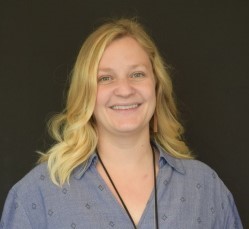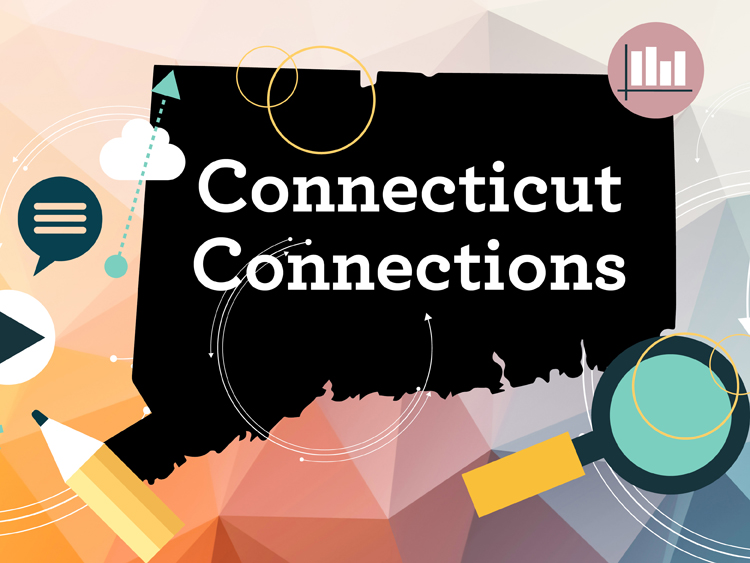It’s no secret that the workforce is changing. It seems like every week or so you hear about a new way to automate a process or you might experience a new technology to quicken your trip at the grocery store, and to some, this can be very stressful. We hear that machines are taking over our jobs, what you used to need two people for, now you only need one… or none! While this is technically true, there is another side to the coin. Machines do not run on their own, and they cannot fix themselves (yet!). So that means we need to help our students be prepared to work in a world alongside automation. Manufacturing jobs are becoming more and more technical with the need for a vast subset of knowledge and expertise. Where you once might have thought, “oh manufacturing isn’t for me” or “engineering? Yikes, not my strong suit” this does not have to be the case. Manufacturing, engineering, health science, information technology all of these high demand, high skill fields are expanding rapidly and it’s time we adapt. Looking for more information on what this might look like? Check out this article, 5 things to know about the future of jobs.
Traditionally, many students have started their path into these fields through Career and Technical Education (CTE) programs at their high schools. It’s important we don’t get bogged down in the mindset of Career and Technical Education (CTE) isn’t for me or isn’t for my student. As we alluded to earlier, not only is CTE changing, it truly is a high skill, high demand pathway that can result in a large salary without incurring a lot of financial debt. One way that we can reduce the stigma and increase the desirability of this pathway is through prominence. Talk with your students, families, and district colleagues about the importance of CTE. Get experts in (virtually if need be) to talk about the need for people to fill these positions. Industry leaders have just as much at stake in getting students into these career pathways as our schools do and they will be the first to tell you, the future is bright! One local organization you can look to in order to deepen the school/workforce connection is ReadyCT. With many connections throughout the Connecticut workforce, they’re a great resource for connecting with experts or setting up internships.
One thing we need to remember is that students who take CTE courses during their middle/high school career do not HAVE to enter the workforce immediately after high school. The habits of mind established within these courses are ones that will follow your students throughout their future pathways, whether it’s career or college readiness. If you talk to any of the top leaders in STEM, Health Science, IT, Manufacturing, etc., they will certainly agree – communication, collaboration, and ingenuity are some of the top priorities of their employees. Would a college admissions counselor say differently? It doesn’t matter if you’re going to a job at Stanley Black and Decker or becoming an Accountant at a CPA firm, these are qualities you can be assured will be important.
Along with acquiring important skills for any role in the workforce, through CTE courses our students can be exposed to a variety of opportunities that they would not have otherwise thought of. Working for a tech firm doesn’t necessarily mean you need to know coding. It’s great if you are aware of code, possibly knowing a few of the basics so you can better understand the foundation of your company, but your role could be research analytics or polling. Maybe your job through the company is to reach out to other organizations and establish connections. Just because it seems as though a company only does one thing, does not mean that there are not a hundred more people working to support that one thing. Remember what we said earlier about the importance of having people there to operate and fix our machines? This is true no matter what the industry and our CTE programs can be a driving force behind preparing our students for their future.
This program was made possible in part by the Institute of Museum and Library Services.

Lindsey Sullivan is a Professional Learning Specialist at the Connecticut Science Center’s Mandell Academy for Teachers. Before joining the Mandell Academy, Lindsey was a high school science teacher. Currently, Lindsey supports educators as they make sense of NGSS through her facilitation of workshops offered by the Mandell Academy as well as providing coaching support in schools.
Holly Hollander serves as the Director of the Mandell Academy for Teachers. Prior to joining the Connecticut Science Center, Holly worked both in the public school setting as well as in Higher Education bringing with her a great deal of expertise in teaching and learning.


